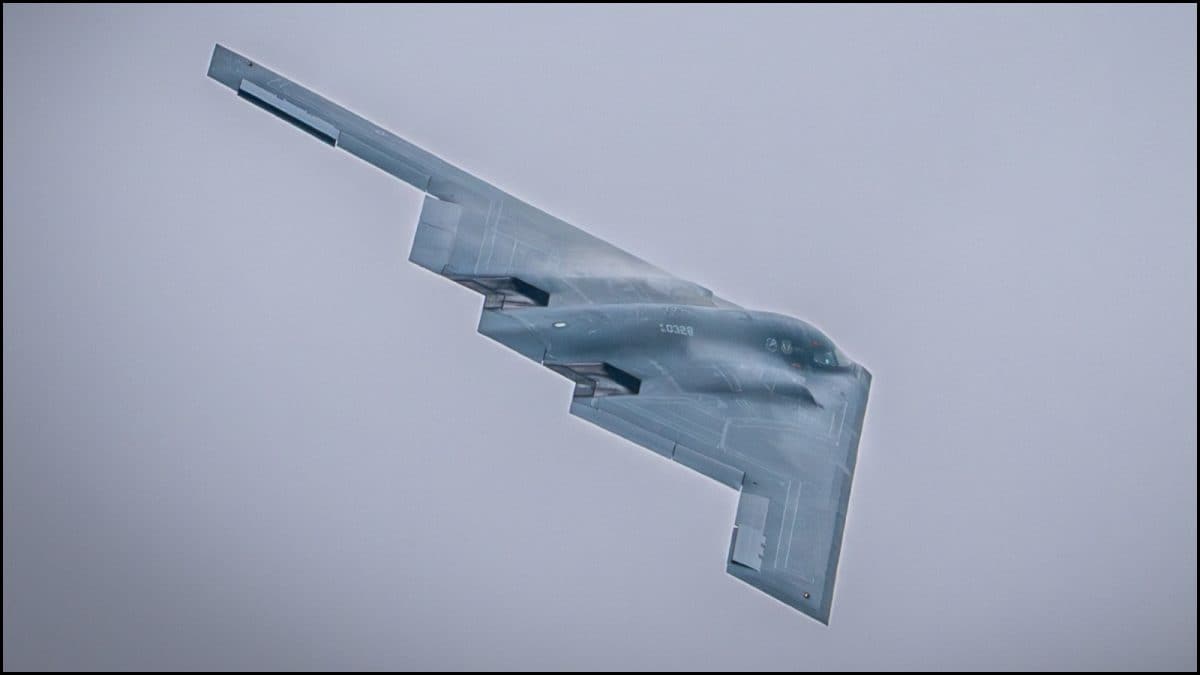ARTICLE AD BOX
Delhi’s strained ties with Dhaka and the growing proximity between its interim government and Beijing, common malpractices by Bangladesh exporters including circumvention of anti-dumping duty (ADD) through technical exemptions, and influx of cheap, subsidised imports harming Indian farmers are the reasons why India has decided to ban import of jute products and woven fabrics from Bangladesh through all land routes, officials told The Indian Express.
On Friday, Delhi banned import of certain jute products and woven fabrics from Bangladesh through all land routes, permitting entry only through the Nhava Sheva seaport in Maharashtra. The Directorate General of Foreign Trade (DGFT), in a notification, said that such port restrictions would not apply to Bangladeshi goods transiting through India to Nepal and Bhutan.
The goods under these curbs include jute products, flax tow and waste, jute and other bast fibres, jute, single flax yarn, single yarn of jute, multiple folded, woven fabrics or flex, and unbleached woven fabrics of jute.
Officials said that under the SAFTA provisions, jute from Bangladesh enjoys duty free access to India. “However, the Indian jute industry has, for long, suffered due to the adverse impact of dumped and subsidised imports of jute products, particularly yarn, fibre and bags, from Bangladesh,” an official said.
“There is credible evidence that Bangladesh jute exports continue to benefit from state subsidies extended by the Government of Bangladesh. In response to these concerns, the Directorate General of Anti-Dumping and Allied Duties (DGAD) conducted detailed investigations and imposed Anti-Dumping Duty (ADD) on jute/ goods originating from Bangladesh,” the official said.
The imposition of ADD has not yielded a substantial reduction in imports. Various large exporters managed to circumvent ADD through technical exemptions, exports through exempted firms (whose exports go beyond their production capacity), and mis-declaration to secure higher subsidies within, the official said.
Story continues below this ad
Explaiend
The Yunus remark
“Imports, which stood at USD 138 million in FY 2016-17 prior to the levy of ADD, marginally declined to USD 117 million in FY 2021-22 and have since risen to around USD 144 million in FY 2023-24. Consequently, prices of jute in India fell below Rs 5,000 per quintal for FY 2024-25, against the minimum support price (MSP) of Rs 5,335, creating a vicious payment/ liquidity cycle. Six mills remain closed with dues of Rs 1,400 crore, adding to Rs 400 crore is legacy dues from the mills. Additionally, the influx of underpriced finished jute goods from Bangladesh has resulted in significant under-utilisation of capacity in Indian mills, threatening their long-term viability,” another official said.
While Bangladesh made nominal adjustments in response to complaints, the government, the official said, continues to incentivise exports, particularly of value-added jute products.
“Notably, raw jute imports into India from Bangladesh remains outside the purview of ADD and, therefore, jute farmers currently do not enjoy any protection from dumping practices employed by Bangladesh exporters,” the official said.
On the other hand, the Indian jute sector, according to the official, plays a critical role in supporting rural livelihoods, especially in West Bengal, which alone accounts for 78% of national production.
Story continues below this ad
Raw jute is produced mainly in the states of West Bengal, Bihar, Assam, Odisha, Andhra Pradesh, Tripura and Meghalaya. It is estimated that the jute industry provides direct employment to over 4 lakh workers in organised mills and in diversified units including tertiary sector and allied activities, and supports the livelihood of around several lakh farm families.
In addition, a large number of people are engaged in the trade of jute. Nearly 90% of India’s jute output is consumed domestically, most of which is procured by the government.
“Artificially depressed prices caused by subsidised imports have had a direct and adverse impact on the income of jute farmers,” the official said.
In a bid to safeguard the interests of the domestic jute industry and to counter the unfair trade practices employed by the Bangladesh exporters acting in collusion with the establishment, the official said that it has been decided to restrict Bangladesh imports of jute and jute products to India through only from Nhava Sheva port.
Story continues below this ad
“The imposition is expected to streamline the quality checking (hydrocarbon oil free status), prevent mis-declaration and fraudulent labelling, thereby neutralising the malpractices that have plagued the industry for long,” the official said, adding that the government is also taking steps to ensure that exporters in Bangladesh do not circumvent the restrictions by routing their jute exports through third countries.



.png)
.png)
.png)

























 English (US) ·
English (US) ·